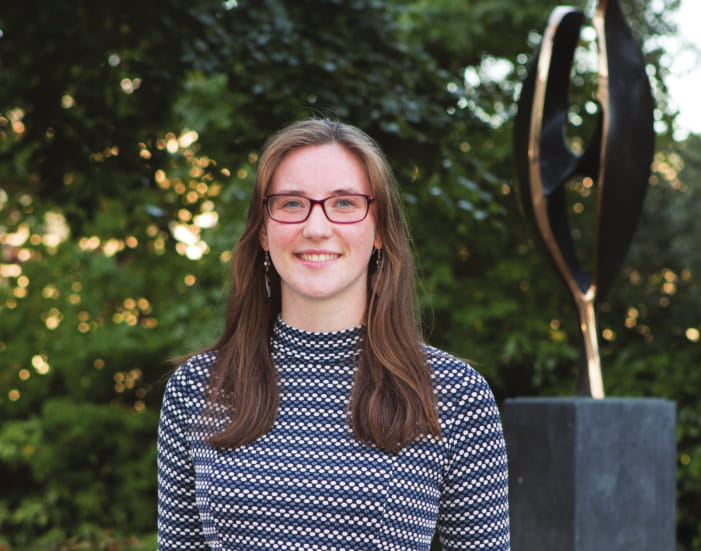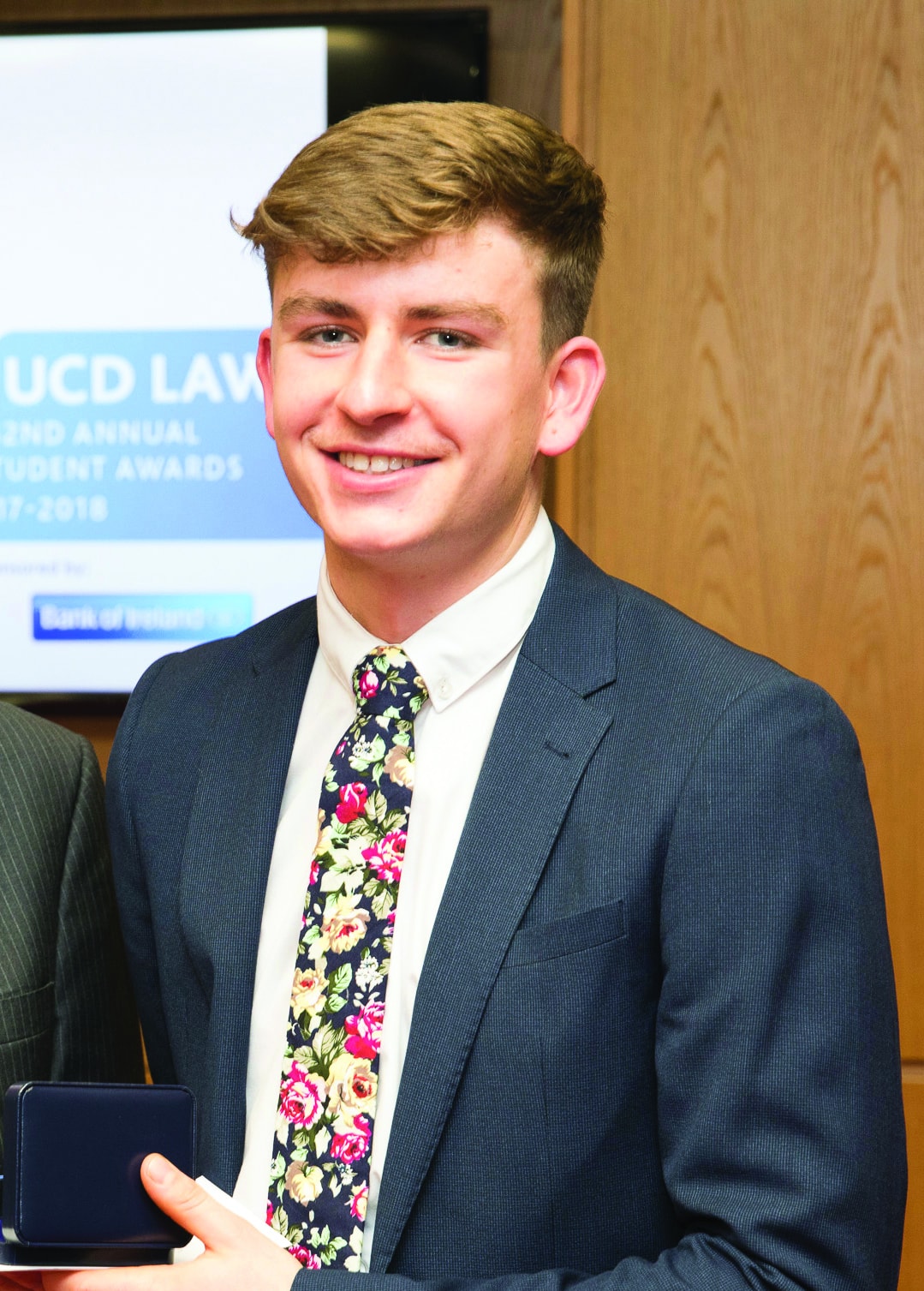Course Information
MB, BCh, BAO (Hons) (NFQ Level 8)
Full Time – Undergraduate Studies
CAO Code: DN400
CAO Points Range 2019: 735
Length of Course: 6 Years*
Average Intake: 90
O6/H7 in English, Irish, Mathematics, a third language, a laboratory science subject and one other recognised subject
Minimum 480 CAO points or equivalent, which must be achieved in the same examination sitting as subject matriculation requirements
Plus HPAT admission test. For scoring details see: www.ucd.ie/registry/admissions/DN400_HPAT.html
*Exemptions from Stage 1:
Applicants who accept a place in DN400 and who have previous third level credits may apply for Recognition of Prior Learning. Applicants may be granted exemption from some or all of stage 1.
Please note: Students who have previously been unsuccessful in any Medicine programme (i.e. have not met academic or other requirements within the programme) or have any issues which would affect their registration with the Irish Medical Council will only be considered for admission on a case-by-case appeal basis in exceptional circumstances, to be considered by the Medicine Programme Board.
Why is this course for me?
Our curriculum is patient-centred and continually adapts to the needs of society and developments in medical knowledge. You’ll learn from world-class educators and patients in state-of-the-art facilities, immerse yourself in our acclaimed undergraduate student research programme and benefit from a diverse, international student population.
The main hospitals associated with our programme are St Vincent’s University Hospital and the Mater Misericordiae University Hospital. In addition, there are more than 20 other training hospitals and more than 100 primary care practices that will facilitate your learning. You will also benefit from a diverse range of exciting international placement opportunities.
Career & Graduate Study Opportunities
Graduates of the School have achieved worldwide recognition in clinical practice, research and healthcare leadership. Following graduation, you complete one year as an intern, followed by training towards a career in a wide variety of specialties and settings including hospitals, primary care facilities, or laboratory-based diagnosis and research.
Opportunities for Research
The Student Summer Research programme is an 8-week research opportunity that brings to life our commitment to foster a passion for enquiry, discovery and investigative research for more than 100 students each year.
What Will I Study
First Year
Focuses on core sciences and their application to Medicine. Highlights include:
- Chemistry
- Biology
- Physics
- Genetics
- Human Ethics
- Healthcare Imaging
- Science Medicine & Society
Second Year
Focuses on the structure and function of healthy organ systems. Highlights include:
- Anatomy Dissection
- Interviewing patients in the community
Third & Fourth Year
Complete the study of organ systems in health and disease. Begin clinical attachments. Highlights include:
- Pathology
- Microbiology
- Pharmacology
- Neurosciences
- Respiratory Diseases
- Clinical Skills and attachments in hospitals
- Clinical Diagnosis & Therapeutics
- General Practice and Professionalism
- ENT & Ophthalmology
Fifth & Sixth Year
Immersive clinical attachments, instruction in the various medical specialties, clinical elective and professional completion. Highlights include:
- Medicine
- Surgery
- Obstetrics & Gynaecology
- Paediatrics
- Psychiatry
- General Practice & Community Medicine
- Legal Medicine
- Public Health Medicine
- Professional Completion
The Medicine programme combines lectures, seminars, patient educator sessions, simulations, small group tutorials and clinical bedside learning.
For detailed information on subject content click here.
International Study Opportunities
Our international network offers students exciting opportunities to gain experience overseas. Scholarships are available to support elective periods in clinical and academic centres all over the world.
Testimonial
“Clinical attachments have been the most enjoyable aspect of my medical degree, as this is where we put theory to practice, and gain a deeper understanding of patient care. We gain experience in a wide variety of
specialist teaching hospitals around Dublin, and I was fortunate to complement this core clinical training with elective placements abroad in Austria, New Zealand and the USA. Though the course is challenging, there is
still time to get involved with UCD’s student societies and sports clubs in the early years. The School of Medicine also offers a wide range of extra-curricular opportunities for students, ranging from supervised research projects to inter-disciplinary summer schools abroad.”
Sinead Mulroy, UCD Ad Astra Scholar, Student





